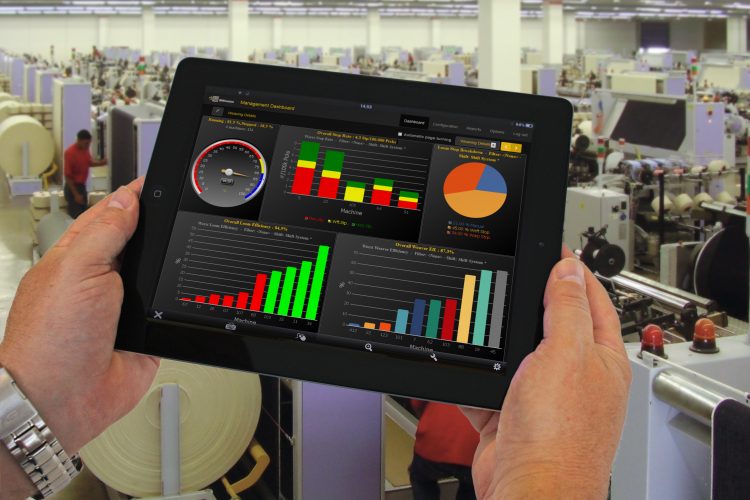
During the digital transformation of factories in the industrial manufacturing sector, field production data collection plays an important and strategic role to improve performance, optimize processes and ensure flexibility. Below is an overview of the important role this activity plays.
One of the most important elements of collecting production data in the field is the ability to measure and evaluate the performance of production equipment. By continuously monitoring and recording parameters such as speed, pressure, and temperature, factories can evaluate the performance of machines and machine tools. This data is the basis for optimizing production processes, minimizing machine downtime and increasing productivity.

Production data collection systems also play an important role in monitoring product quality. Measuring quality parameters such as size, weight, and accuracy helps factories ensure that products meet quality standards. If there are any fluctuations, the system will warn promptly so staff can take corrective measures or adjust production processes.
Furthermore, collecting production data in the field provides an overview of the entire production process. Operating parameters, raw materials used, and energy consumption are recorded, helping factory managers make strategic decisions about optimization and resource savings. This not only reduces costs but also creates a sustainable production environment.
Another aspect of production data collection is the important role it plays in predictive and sustained maintenance. Equipment performance and status data can be used to predict when routine or logistical maintenance needs to be performed. This helps prevent malfunctions and minimize downtime.
To summarize: field production data collection is not only an important element in factory digital transformation, but also the key to improving performance, product quality, and creating a sustainable environment. Flexible and efficient production environment. By using accurate and timely information from manufacturing data, businesses can achieve continuous innovation and improvement in the manufacturing industry.